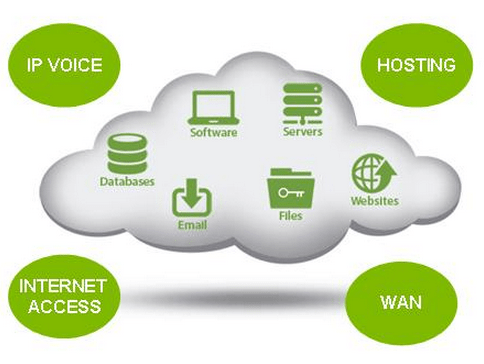Four Benefits of Private Branch Exchange Systems

We all now that landline systems have become dinosaurs, but what are businesses using in today’s digital age? One common upgrade that a whole lot of businesses have already made is to new IP Private Branch Exchange or PBX designs that replaced analog landline systems, especially multiline systems and local offices. Here are some of the key benefits of these modern systems that help businesses to thrive.
Packaged Multi-Line
Essentially, a PBX system provides a virtualized telephone line, where instead of offering multiple cable lines through a business location, signals come in through one line and are routed within the local business network. This allows businesses to save a lot of money on multi-line implementation and it can also help to make these internal systems more efficient. Typically, there will be control software that managers can use to set up multi-line extensions within the office, or in some cases, vendors may do the work for a client. The bottom line is that instead of costly and troublesome physical installation, the multi-line implementation for PBX just involves tweaking a few software features. This can make it much easier to set up a bullpen or a multi-desk cubicle office, or any other kind of structure where each person needs an individual direct line.
The Global IP Network
New IP PBX systems function by sending messages through the global Internet instead of traditional roadside telephone lines. This creates all sorts of more versatile functionality and better alternative routing. By sending information in data packets, rather than sending it along fiber-optic lines, there’s a lot more potential for fault-tolerant messaging systems and more reliability for outgoing and incoming messages. It also means greater access to remote clients and other participants worldwide, where an advanced system of IP nodes has revolutionized the ways that long-distance communications take place.
Scalability and Change Management
Many IP PBX systems are also much more scalable than traditional systems. The newer systems often have the ability to temporarily send messages to another line so that even the smallest businesses can seem more professional to an inbound caller. This kind of versatile and scalable functionality is part of what’s making today’s small businesses look and sound like corporations and have an impressive effect with “virtual offices.” It’s also part of what allows businesses to ramp up and ramp down projects quickly instead of wasting money deployed to traditional permanent telecommunications solutions. For instance, as an individual office grows or shrinks, multi-line solutions can be adjusted with a few clicks or a quick call to a vendor, instead of the lengthy processes involved in handling change for traditional land lines.
Visual and Functional Add-ons
Another great thing about new PBX systems is that they can come with a lot of useful features such as sophisticated voice mail, analytics, customer information and much more. These systems can also be outfitted with VoIP visual desk phones that can display all of this extra information on a visual screen. This is one reason why so many businesses are flocking to advanced IP PBX systems, because in-house workers can use these extra features to know more about what’s happening in the business in real-time, which can help drive sales and improve productivity. For example, new customer relationship management features allow those on a call to get a lot more information about a client at a glance, from past purchases and preferences to location and contact information or company affiliation. All of this can be a huge benefit to a business in nearly any kind of industry.
Business managers looking to make upgrades to modern phone systems can think about all of the positive aspects of installing a new IP PBX system in a local office. These cutting-edge solutions are helping a broad spectrum of businesses to modernize and meet their needs in a digital age, where a good amount of the brain-power needed to conquer challenges involves knowing about brand new tech products and services work.

